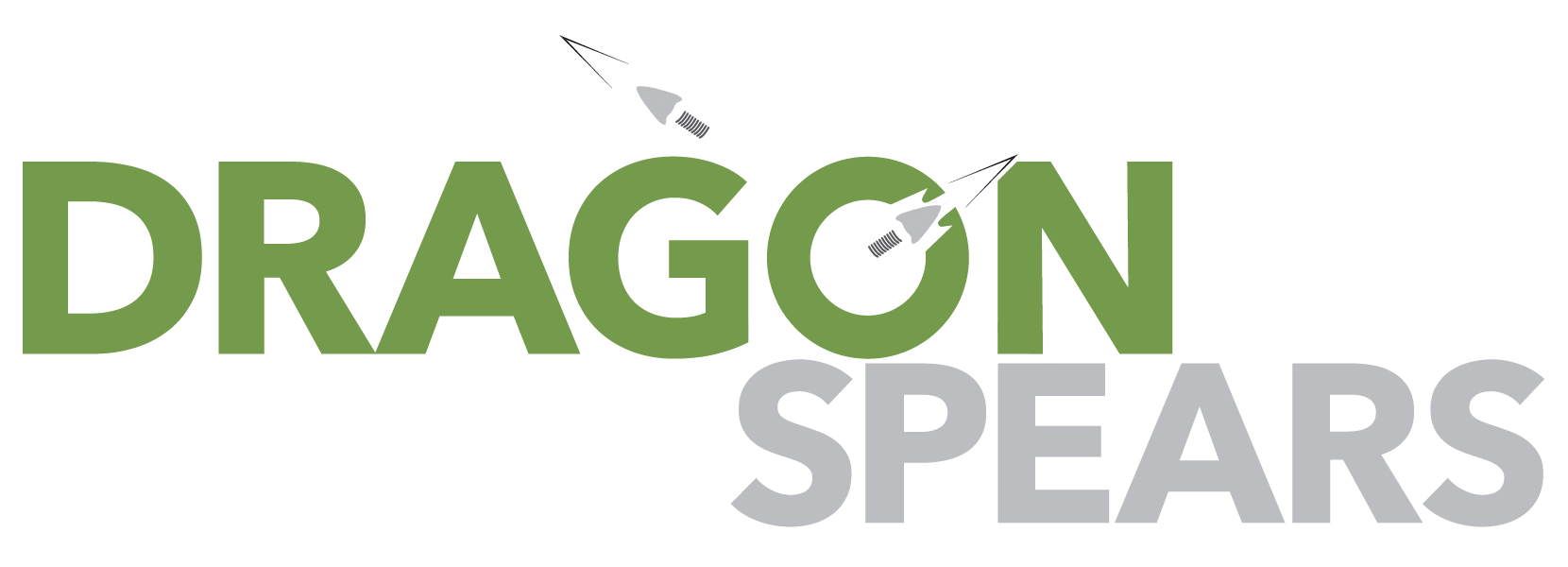
Though a consistent definition of DevOps can be hard to come by, one thing we can all agree on is that the goal is to improve software delivery performance. While the desired outcome is clear, the path to achieving it is a bit hazy. As a practitioner of EOS, the Entrepreneurial Operating System developed by Gino Wickman, Author of Traction, Get a Grip on Your Business, we’ve realized the value that a scorecard adds towards identifying and measuring the key actions that will make our vision reality.
In this article, we provide an overview of the scorecard tool and outline some ways it helps us deliver 99.99 software.
What is a DevOps Scorecard?
One of the most useful tools in the EOS toolbox is the scorecard, which contains a handful of numbers that tell you how your company or department is doing. It’s a way to identify the key activities that will lead to the desired outcome. Teams armed with this tool can spot issues before they become major disasters. In the world of DevOps, for example, a team looking to increase deployment frequency might set a goal of 5 deployments per week. On a weekly basis, the team must review the number. If after several weeks a problem becomes apparent, it’s time to problem solve. Here’s an example of what a DevOps scorecard might look like.
| DevOps Scorecard | ||||
|---|---|---|---|---|
| Who | Measurable | Goal (weekly) | 10/19 | 10/26 |
| Sally | Deployment Frequency | > 5 | 4 | 6 |
| John | Failed Deployments | < 10% | 9% | 15% |
3 Key Benefits of Using a DevOps Scorecard
1. Accountability
One of the keys to the scorecard’s success is accountability. Identifying the key metrics is not enough. Someone must own each one. The owner would be someone that has the most influence on the activity and is responsible for reporting the score weekly. In our example above, Sally, Director of Engineering, would be accountable for tracking and reporting deployment frequency. Gino Wickman refers to this as, “Everyone Has a Number.” Accountable people appreciate numbers and the clarity of what “winning” looks like.
2. Clarity and Commitment
If a team knows the overall vision (i.e., improving software delivery performance) they can work together to break it down into team goals and metrics that they anticipate will have the greatest impact towards success. Having a clear vision and shared stake in determining how to get there creates a commitment to the number.
3. Numbers produce results.
As Wickman states, “what gets watched improves.” After they have several weeks’ worth of data, the team can re-evaluate and increase goals or adjust metrics. When activities are off track, the team can spot and address issues before they get too out of control.
The bottom line is, what gets measured gets accomplished. While DevOps is a concept so broad that a cohesive definition is hard to come by, the goal is clear – to improve software delivery. For help breaking that goal into meaningful metrics owned by accountable and committed teams, contact us.

